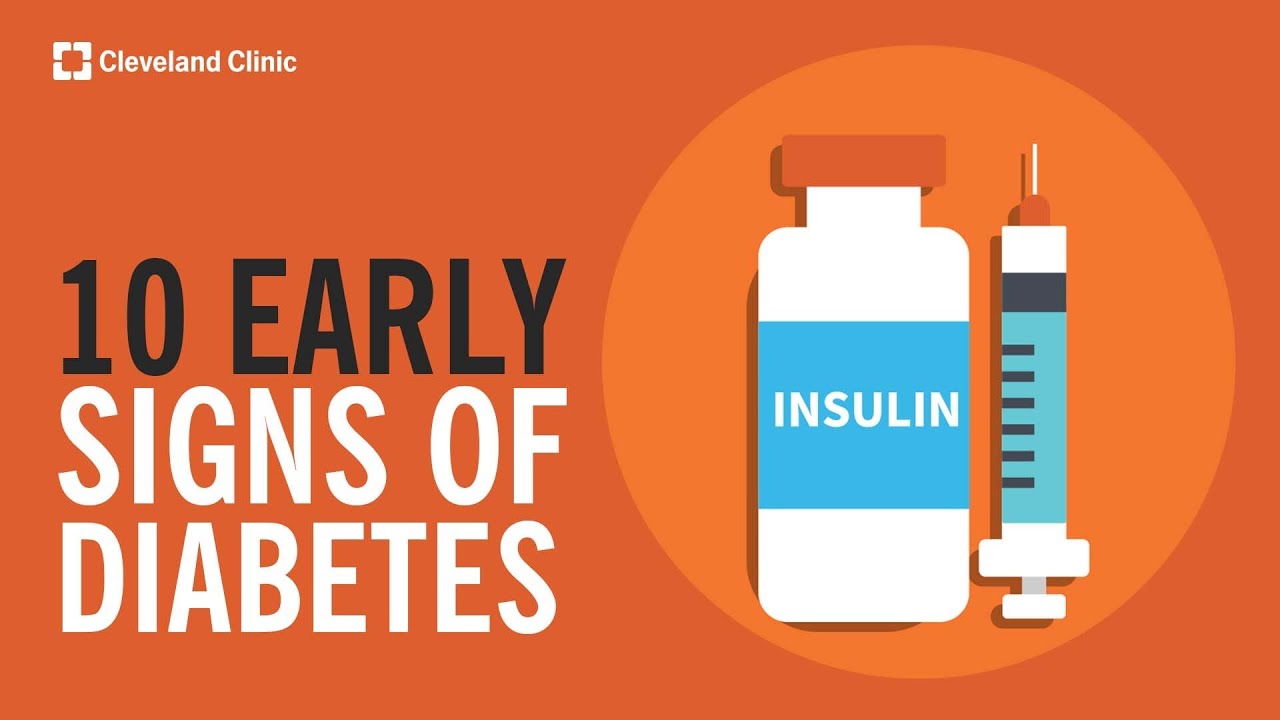Higher breast cancer risk in obese diabetic premenopausal women
Reuters Health • The Doctor's Channel Daily Newscast
The findings, Dr. Nasser Al-Daghri told Reuters Health, call for “better management of type 2 diabetes and obesity in order to avoid the development of breast cancer and other chronic diseases that possibly are associated with these conditions.”
Both obesity and type 2 diabetes are among the risk factors for breast cancer development, but the combined effects of these metabolic abnormalities on breast cancer risk has not been examined in premenopausal women, Dr. Al-Daghri and colleagues note in the June 23 issue of the online BMC journal Cardiovascular Diabetology.
To investigate, they characterized 101 Saudi women with type 2 diabetes as obese, overweight or normal based on their body mass index (BMI).
Compared to normal-weight women, obese women were significantly older and had elevated systolic blood pressure (p<0.05 for each), the researchers report. In addition, obese women had significantly higher serum levels of interleukin-6 (IL-6), C-reactive protein (CRP) and leptin and significantly lower levels of adiponectin (p < 0.05 for each).
“Altered levels of these biomolecules are risk factors for the development of breast cancer,” Dr. Al-Daghri told Reuters Health.
Increased leptin levels and decreased adiponectin levels have previously been shown to promote carcinogenesis in the breast, Dr. Al-Daghri and colleagues explain in their report. Increased IL-6 and CRP levels have also been shown to positively impact breast cancer etiology. In addition, increased IL-6 levels in obesity can directly interfere with insulin signaling and contribute to insulin resistance.
The study team also found a significant positive correlation between waist size and IL-6 levels in obese women. Similarly, CRP, waist and hip circumferences were linearly correlated with BMI in the obese group. These findings, the researchers note, “suggest obesity-induced inflammatory response and enhanced risk for carcinogenesis.”
Reference:
Cardiovascular Diabetology 2009;8:33.








